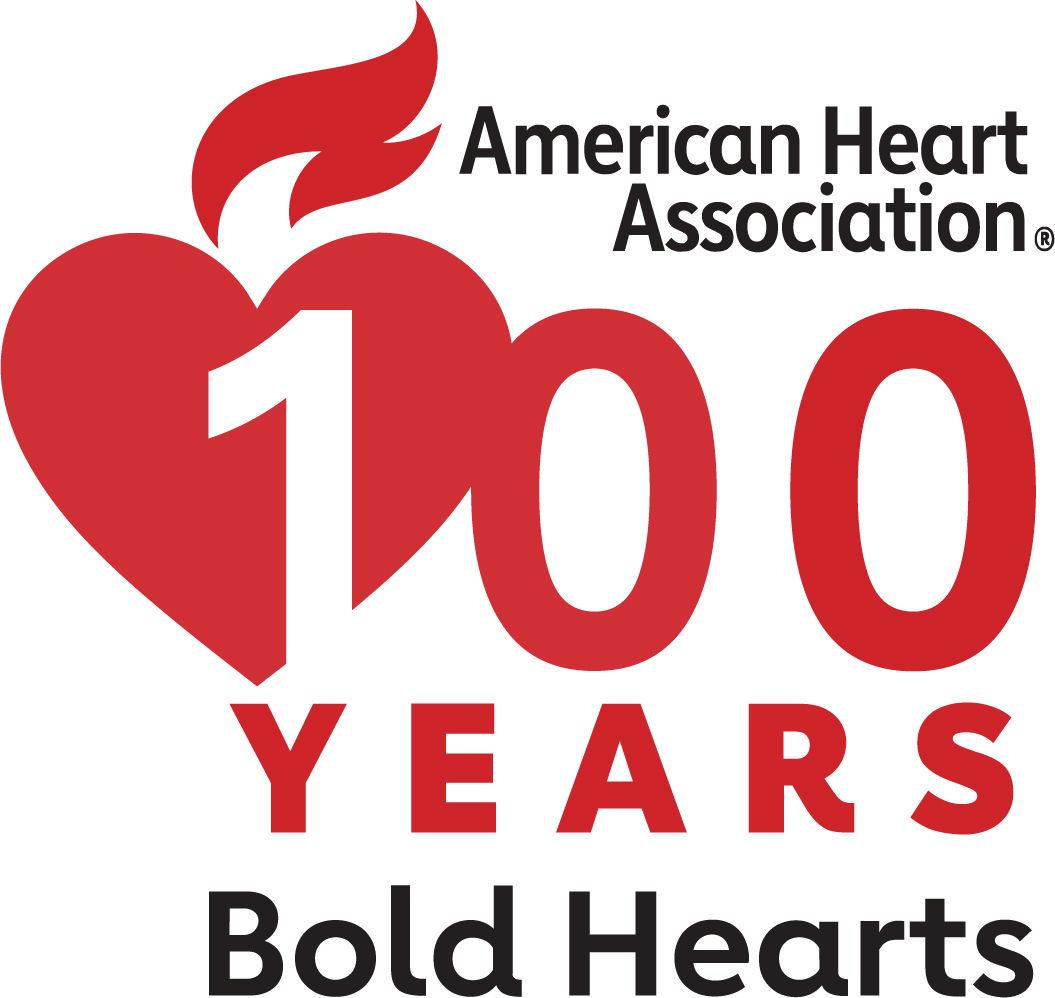
The American Heart Association (AHA) has released a new scientific statement highlighting the critical need for coordinated, multidisciplinary healthcare for children with Down syndrome and congenital heart disease. Published in the Journal of the American Heart Association, the statement underscores the importance of addressing the specific physical, psychological, and developmental needs of these children to help them lead longer and more productive lives.
Down syndrome, also known as Trisomy 21, affects approximately 5,300 infants born in the United States each year. Of these children, 35-50% are also affected by congenital heart disease, with about 70% of cases presenting as atrial septal defects or ventricular septal defects, commonly referred to as ‘holes in the heart.’
The statement emphasizes that while advances in medical and surgical interventions have greatly improved survival rates for children with congenital heart disease, including those with Down syndrome, these individuals face a complex array of health challenges throughout their lives. More than 97% of children with congenital heart disease are now expected to reach adulthood, highlighting the need for comprehensive, lifelong care.
Children with Down syndrome and congenital heart disease often experience a range of additional health issues that can impact their overall well-being. These include feeding and swallowing problems, respiratory issues, hypothyroidism, vision and hearing impairments, and psychological conditions such as autism spectrum disorder, attention deficit/hyperactivity disorder, anxiety, and depression.
The AHA statement stresses the importance of early intervention and ongoing support in various areas of development. Speech therapy is crucial for improving communication and autonomy, while physical and occupational therapy focus on strengthening motor skills and increasing independence in daily activities. Additionally, addressing social determinants of health is vital, as these children may face discrimination, bias, and inequity that can affect their outcomes.
To provide optimal care, the AHA recommends a comprehensive ‘medical home’ approach, involving a multidisciplinary team of healthcare professionals. This coordinated care model can improve health care access, reduce delays in care and hospitalizations, lower healthcare costs, and enhance overall health outcomes and patient satisfaction.
The statement also highlights the importance of supporting the transition to adulthood for individuals with Down syndrome and congenital heart disease. With appropriate resources and support from their care team, community, school, and family, these individuals have opportunities to live fulfilling and productive lives with independence.
As research continues to advance, the AHA calls for further studies focused on reducing the burden of these conditions and improving functional outcomes and quality of life for children with Down syndrome and congenital heart disease. This scientific statement serves as a crucial resource for healthcare providers, families, and policymakers in understanding and addressing the complex needs of this vulnerable population.
By emphasizing the importance of coordinated, multidisciplinary care throughout the lifespan of individuals with Down syndrome and congenital heart disease, the American Heart Association’s statement paves the way for improved health outcomes and a better quality of life for these children as they grow into adulthood.

This news story relied on a press release distributed by NewMediaWire. Blockchain Registration, Verification & Enhancement provided by NewsRamp™. The source URL for this press release is Coordinated Care Essential for Children with Down Syndrome and Congenital Heart Disease, AHA States.